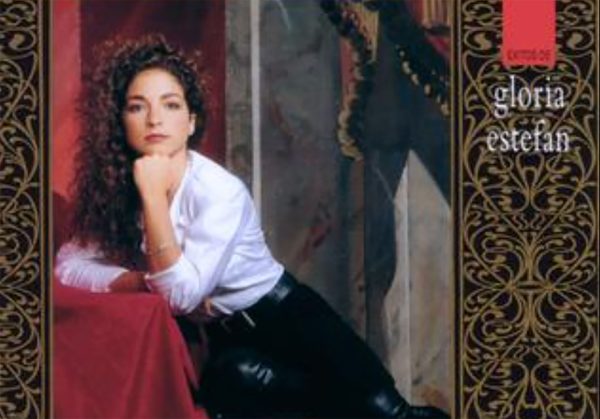“People like Me”
How has the definition of fairness in award shows changed with the times?
The rhyming phrase fair and square suggests that fairness is as ultimate as the rules of a square—equal bounds connecting at an equal distance. If all sides are not equal, it is not square. It is as simple and as strict as that. However, as awards show season rolls around, many question the equity and fairness of the entire competition from nominees to victors.
Upon receiving Album of the Year for his third studio album, Harry’s House, Harry Styles said “this doesn’t happen to people like me very often” during his acceptance speech at the Grammy Awards show. Naturally, the phrase “people like me” immediately raised eyebrows among audience members for appearing tone-deaf and ignorant of his obvious privilege. But when did we start to question who truly deserved recognition in these public competitions?
A week later during the Brit Awards, Styles appears to respond to the controversy during the Grammys in his victory speech for Artist of the Year.. Styles says, “I’m really, really grateful for this, and I’m very aware of my privilege up here tonight, so this award is for Rina, Charli, Florence, Mabel, and Becky.” Styles dedicates his award to the women in the category that were ignored as his competition lacked female nominees. This was a result of the Brit Awards’ decision to merge the male and female top artist categories to be more inclusive to all acts regardless of gender.
Harry Styles also thanked his former band members in the acceptance speech because he “wouldn’t be here without [them] either.” From his response, it can be assumed that he was referring to his beginnings as a mere bakery boy to a member of boyband, One Direction. Despite this, Styles was not as poor and underprivileged as others and gained massive popularity during his time in the band even before his solo career. He now is the most successful soloist out of the other four members. His hardwork has manifested itself into nearly 2.5 million dollars per performance and the creation of the longest running number one song, As It Was, on the US Billboard charts by a single artist.
Fans would agree that Styles’ statement was not meant to offend the underprivileged as he is known for his fierce advocacy for the LGBTQ+ community, often donning their flags during his performances, and for striving to undermine the binary division in fashion through his style. Most notably, Styles wore a Gucci dress on the first solo male cover of Vogue ever released. Surely he understands, at least to some extent, the struggles of minority groups and those often rejected by society for things they simply cannot control.
However, choosing Styles to be the vanguard of change may not be the most beneficial or effective decision. In the end, he is the exact person who runs the entertainment industry and the world perhaps, if we want to be pragmatic about it. We cannot look to the privileged to represent and advocate for minority issues because they will never truly understand what it means to struggle in a society built on systems meant to tear them down.
This is also reflected by Billy Porter’s dismay at Vogue putting Styles on the cover as the first male solo. He told the Times, “I created the conversation [about non-binary fashion] and yet Vogue still put Harry Styles, a straight white man, in a dress on their cover for the first time.” He is not the first man to ever put on a dress yet, he received immense praise for it. Does it truly matter who makes the progress as long is it made?
Porter did apologize to Styles for his statements later on elaborating that the conversation was “deeper than that” and that “it is about the systems of oppression and erasure of people of color who contribute to the culture.” The results of the Grammy awards incited anger at these systems and POC erasure. Beyoncé’s album Renaissance was the biggest contender for the Album of the Year category (that Styles won). This year and past years have followed the same trend for the artist who lost against other white artists namely Taylor Swift, Beck, and Adele despite being nominated a jaw-dropping 88 times. Only three black women have ever won Album of the Year during the 65 years that the Grammys have been held. Lauryn Hill was the last Black woman to win since 1999.
This criticism is nothing new to these Awards shows, but they continue to fail to diversify their nominees. It appears that mere acknowledgement of people of color is enough progress for them, but the reality is that, until they win more it will still be insufficient and unfair.






